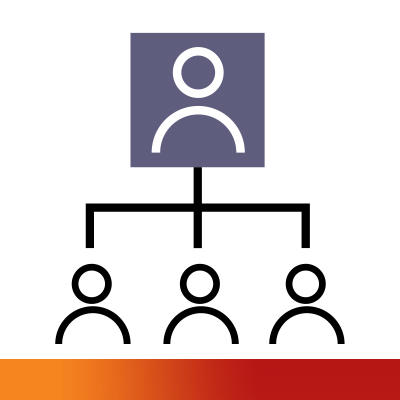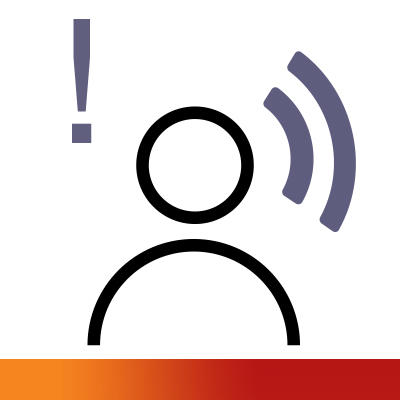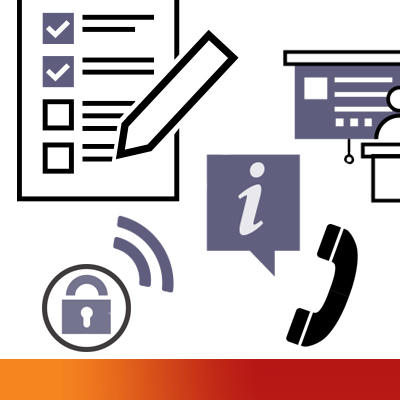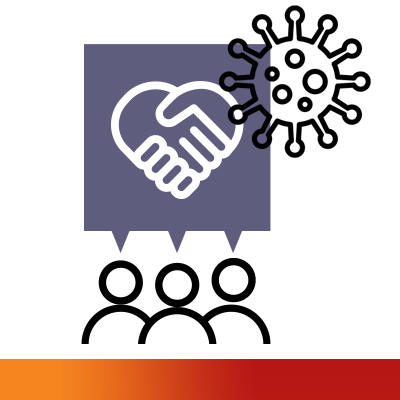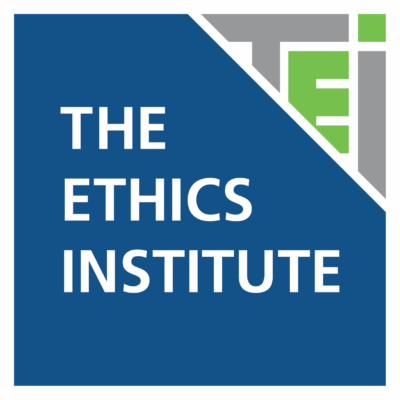South Africa
Ethics at Work Index: 84.0
The IBE surveyed South African employees for the first time in 2021 and the results paint a positive picture of ethics in the workplace in the country. Many organisations seem to have invested in their ethics programme and the four building blocks considered in this survey appear to be commonly available to employees. Employees in South Africa also have positive perceptions of the ability of their organisation and their managers to engage on ethics with stakeholders, internal and external.
Perhaps because organisations in South Africa have been very clear about their commitment to ethics and therefore set high expectations in their employees, South African respondents are also among the most likely to recognise instances of unethical behaviour or the pressures that might be put on them to compromise those standards. Even though the perceptions around the ability of line managers to set a good example for ethics and explain its importance are generally very positive, a relatively high percentage of employees in South Africa also say that their line manager rewards employees who achieve good results even if through practices that are ethically questionable. Looking ahead, discrimination or bias in the workplace is the issue that South African employees are more likely to be concerned about.

